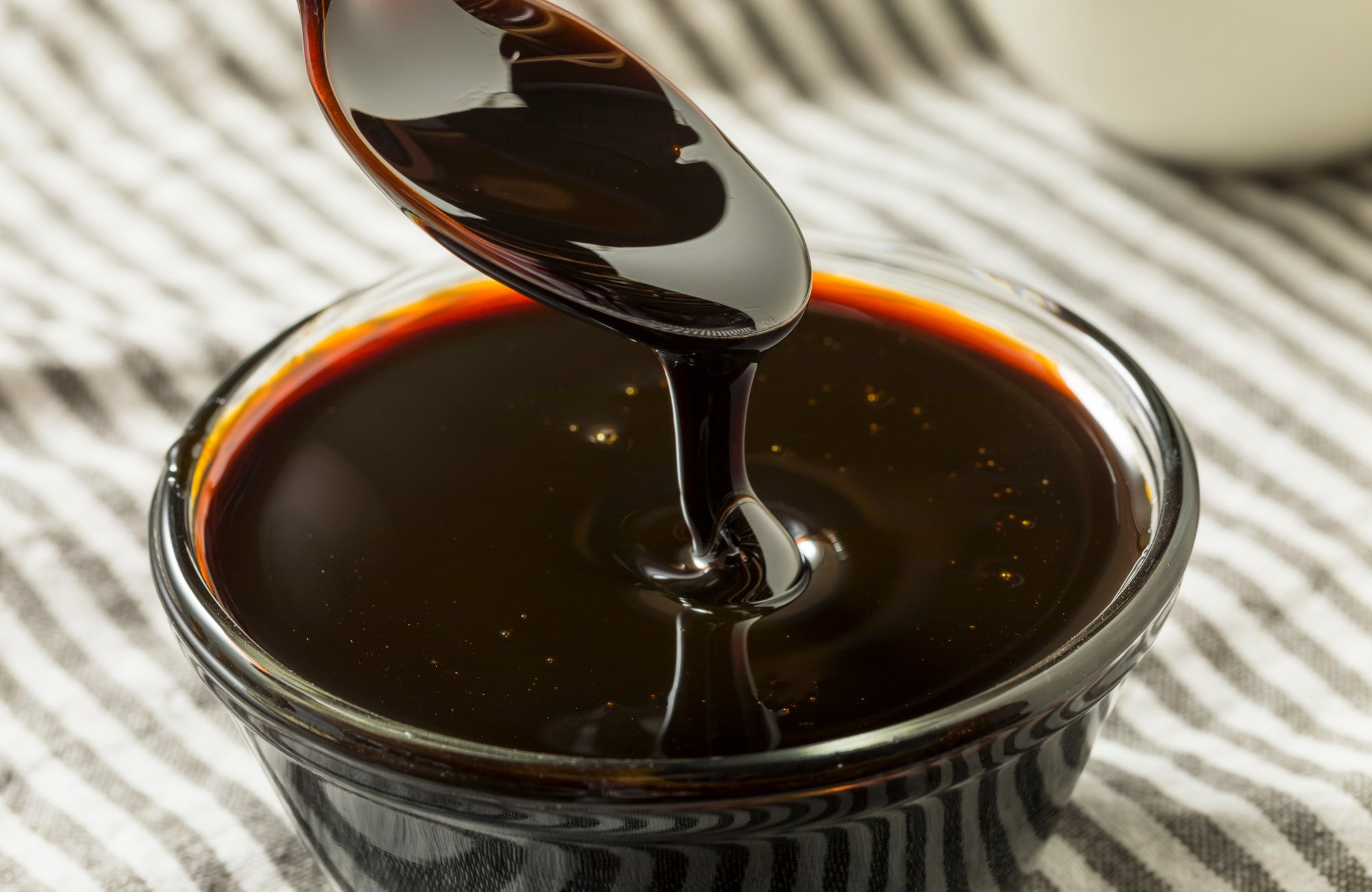
Why is Pure Organic Cane Sugar not Completely White?
Have you ever asked yourself, why is pure organic cane sugar not completely white? When you think of sugar, the first image that may come to mind is the sparkling white granules often used for baking, coffee, or sweet treats. However, if you’ve ever purchased organic sugar in bulk, you might have noticed its slightly brown color, which can seem unusual to those accustomed to refined white sugar.
So, why is pure organic cane sugar not completely white? Let’s dive into the science, process, and benefits behind this natural phenomenon.
Understanding the Origins: Sugar Cane
All sugar originates from some sort of plant-most often, either sugar cane or sugar beets. Of the various types of sugar that are available commercially, perhaps cane sugar is one of the most popular. It is sugar mainly derived from sugar cane-a type of tall grass harvested and whose sweet juice is dealt with before being crystallized through boiling. Unlike very refined white sugar, organic sugar involves little processing, which retains for it more of its naturally occurring appearance.
Why the Brown Color?
The distinctive brown color of organic sugar is due to a natural by-product of sugar processing called molasses. Organic cane sugar is different from white sugar because it does not undergo these further steps of refining that strip the sugar of the molasses and other impurities. It retains a small amount of molasses, giving it its somewhat darker hue and adding to a richer and more complex flavor profile.
Here’s why organic sugar isn’t white:
- Minimal Refining: Organic sugar is processed less than white sugar, allowing it to maintain some of the natural molasses from the sugar cane plant.
- No Bleaching Agents: White sugar achieves its bright color through chemical refining and bleaching, processes that are avoided in organic sugar production.
- Natural Characteristics: Organic sugar stays closer to its natural state, which means you’re getting a product with fewer additives and more of the sugar cane’s inherent qualities.
The Refining Process: Organic Sugar vs. White Sugar
The journey from sugar cane to the sugar bowl can vary significantly depending on the type of sugar being produced. For organic cane sugar:
- Sugar cane juice is extracted, filtered, and boiled to crystallize.
- The crystals are spun in a centrifuge to separate molasses naturally.
- The sugar is minimally processed, retaining a faint brown color.
For white sugar, additional steps remove all traces of molasses, resulting in a purely white product. These steps often include bleaching and extensive filtration, which strip away the natural elements present in cane sugar.
Why Choose Organic Cane Sugar?
Many people prefer organic sugar not only for its more natural processing but also for the subtle flavor enhancements and environmental benefits. Here’s why it’s a popular choice:
- Natural Sweetness: The trace molasses gives organic sugar a slightly caramel-like taste, perfect for baking or sweetening beverages.
- Healthier Option: With fewer chemicals and less refining, organic sugar is often seen as a cleaner choice.
- Sustainability: Organic farming practices used for cane sugar production are better for the environment, emphasizing soil health and reducing chemical use.
A Closer Look at Types of Sugar
From raw sugar to refined white sugar, the type of sugar you choose depends on your needs and preferences. Organic cane sugar strikes a balance between natural sweetness and minimal processing, making it an excellent option for those seeking a middle ground between raw and refined.
Conclusion
The slightly brown color of organic cane sugar is a testament to its minimal processing and natural origins. Unlike white sugar, which undergoes heavy refining, organic sugar retains a small amount of molasses, giving it its distinctive color and flavor. By choosing organic sugar, you’re not only opting for a product closer to nature but also supporting sustainable farming practices and cleaner production methods. So, the next time you see organic cane sugar’s warm brown hue, remember—it’s a mark of quality and care.
For all your bulk sugar needs, whether you prefer organic sugar or other types of sweeteners, US Sweeteners is your trusted partner. Explore our range of premium products and taste the difference today!
Why Choose US Sweeteners for Premium Organic Cane Sugar?
At US Sweeteners, we take pride in providing the finest organic liquid cane sugar to meet your personal and business needs. We carefully source and minimally process every batch of sugar we offer, ensuring it retains its natural goodness and the distinct brown color that sets organic sugar apart.
Here’s what makes US Sweeteners your trusted supplier for premium organic cane sugar:
- Top-Quality Sourcing: We work with trusted growers who adhere to organic farming practices, ensuring that our sugar cane is cultivated without harmful pesticides or synthetic fertilizers.
- Pure and Natural: Our organic sugar is minimally refined, preserving the molasses content and delivering a richer, more complex flavor than standard white sugar.
- Perfect for Bulk Needs: Whether you’re a baker, food manufacturer, or simply someone looking to stock up, US Sweeteners offers bulk quantities of organic cane sugar at competitive prices.
- Sustainability Matters: By supporting organic farming and eco-friendly practices, we ensure that our sugar production aligns with the values of sustainability and environmental responsibility.
- Unmatched Customer Service: We draw on years of industry experience to provide expert guidance and deliver your orders promptly to meet your specific requirements.
By choosing US Sweeteners, you’re not just getting organic sugar—you’re investing in a product that embodies quality, sustainability, and exceptional taste. From home kitchens to large-scale food operations, our sugar delivers consistent results every time.
Discover the difference with US Sweeteners’ premium organic cane sugar. Place your order today and bring natural sweetness to your recipes, beverages, and beyond!
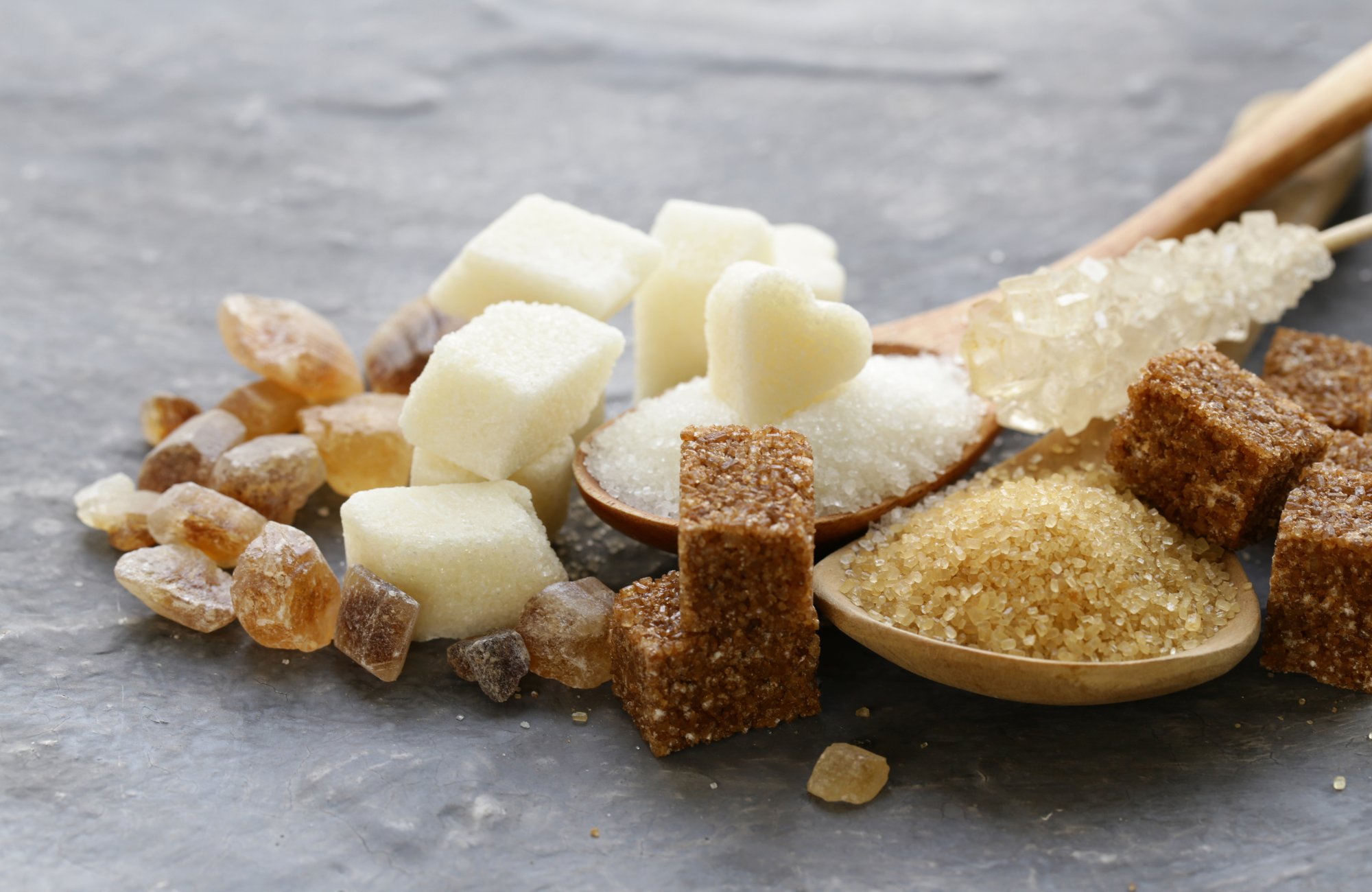
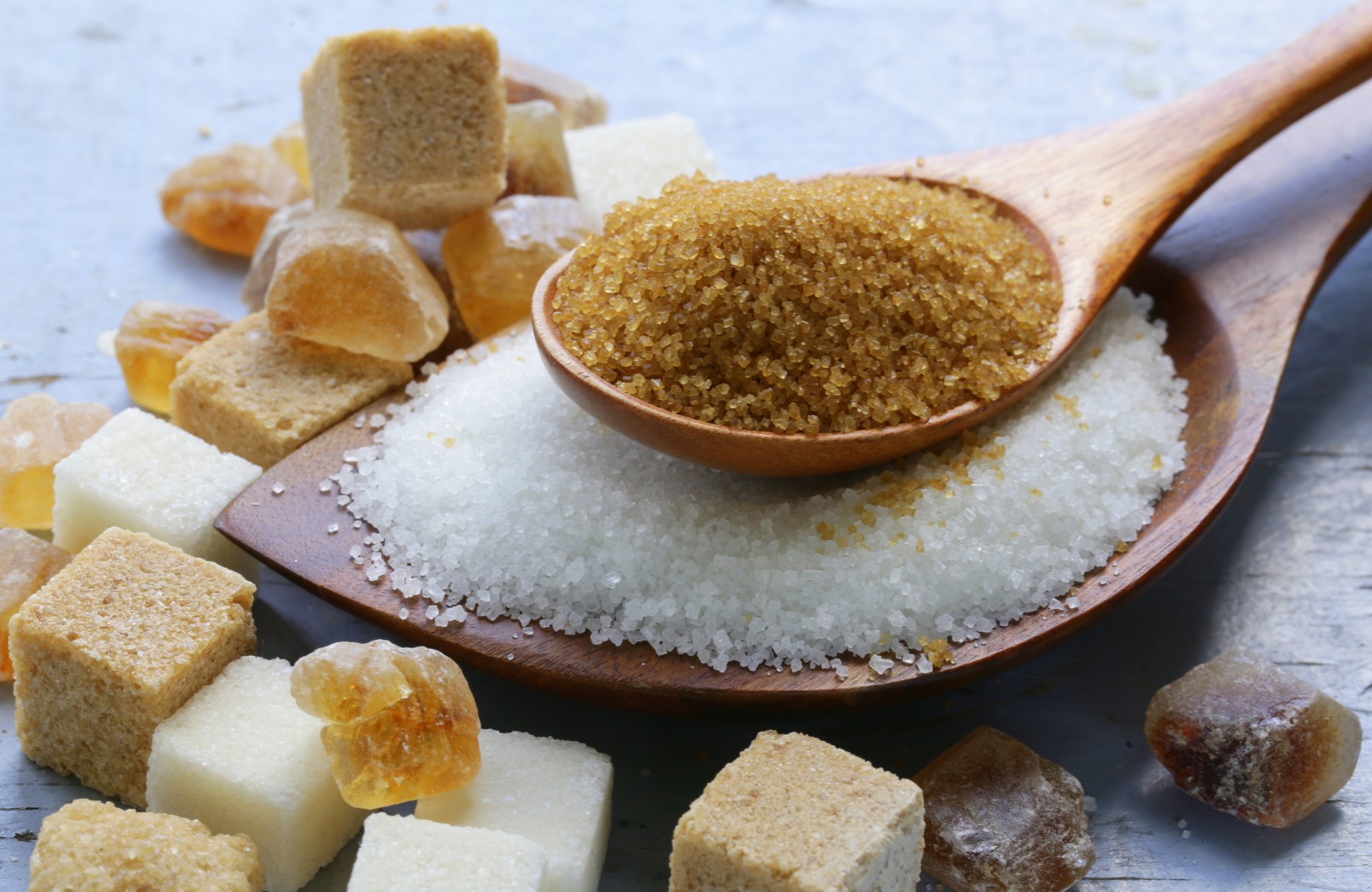
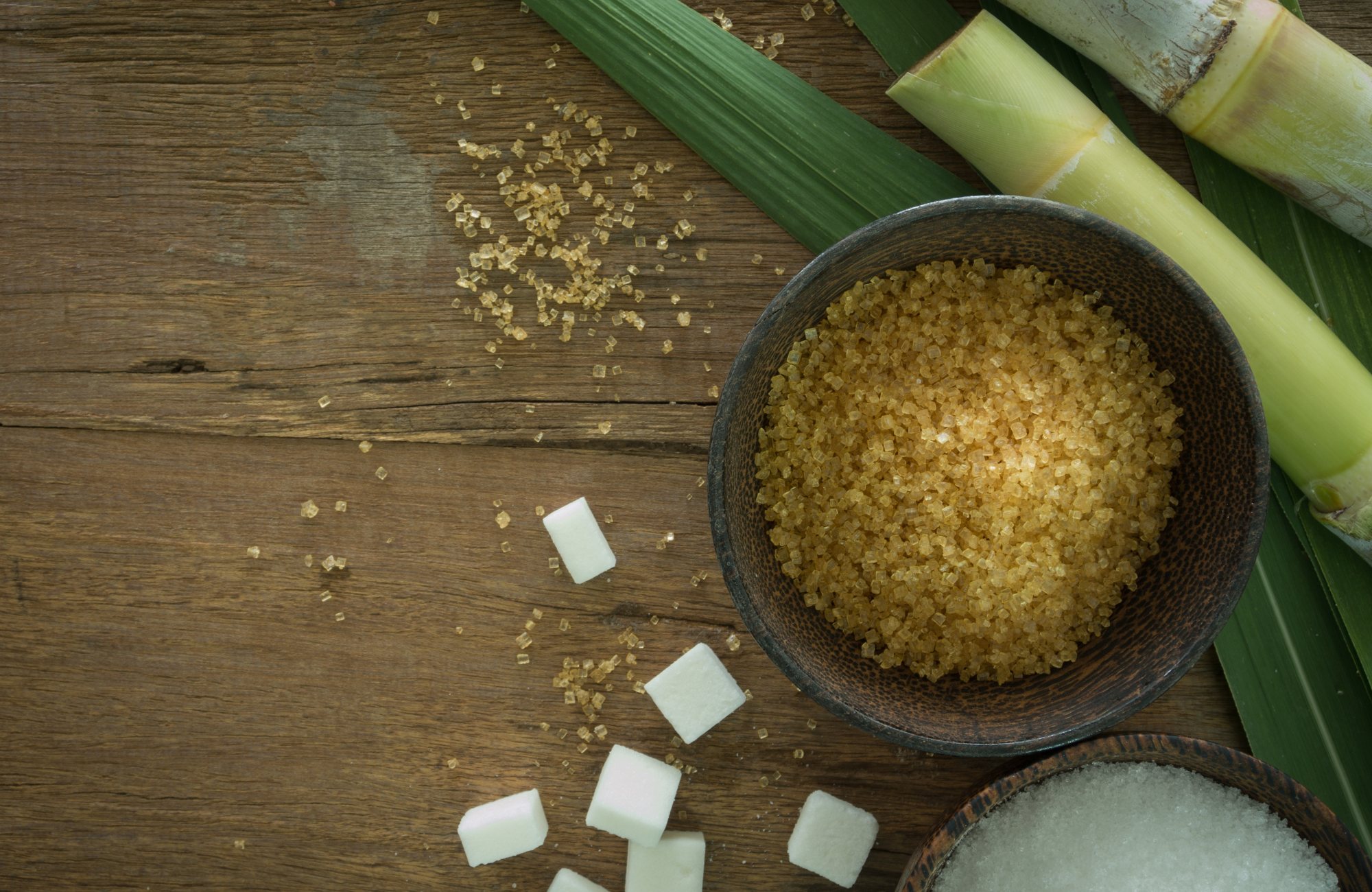
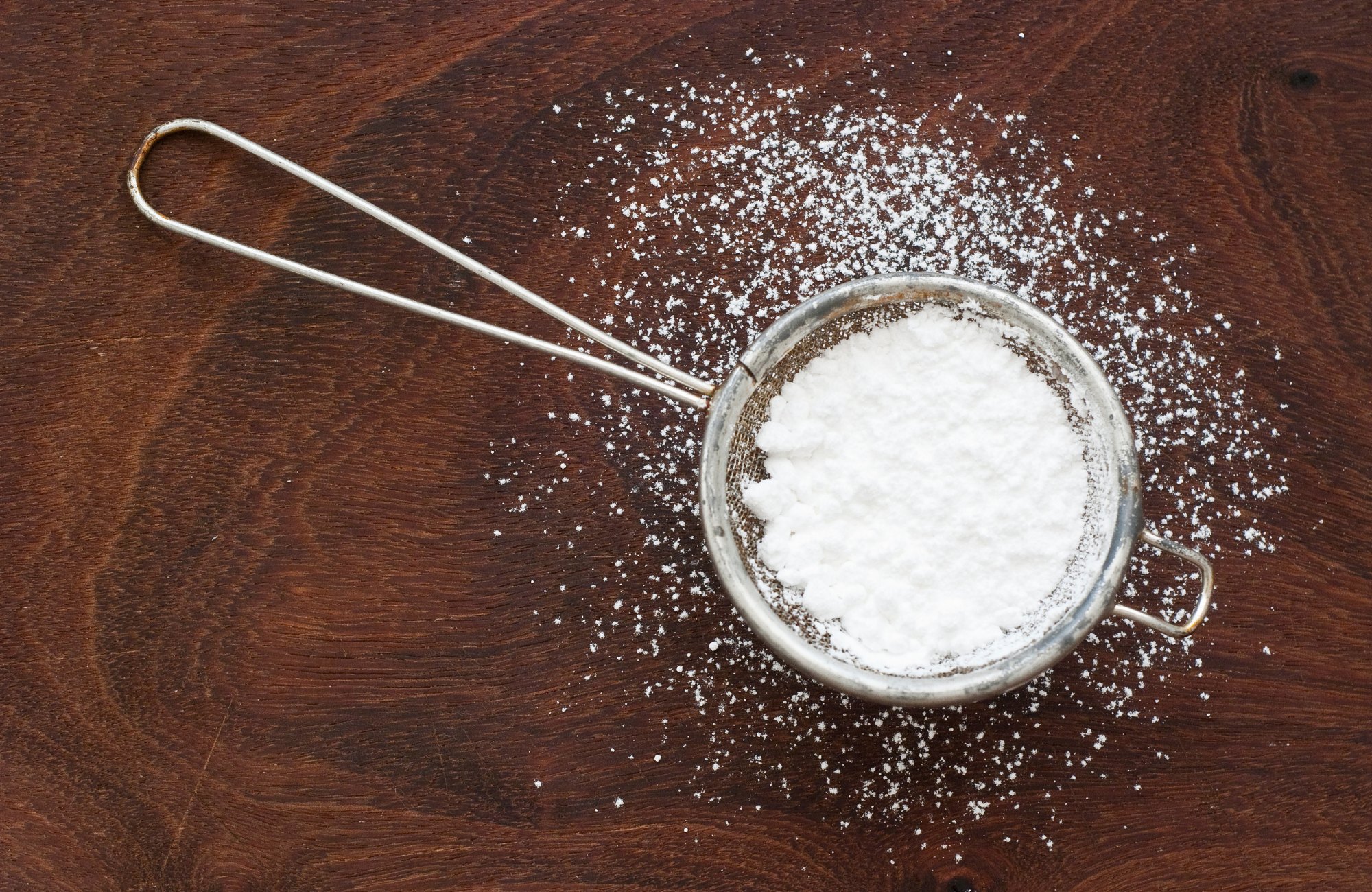

Leave a Reply